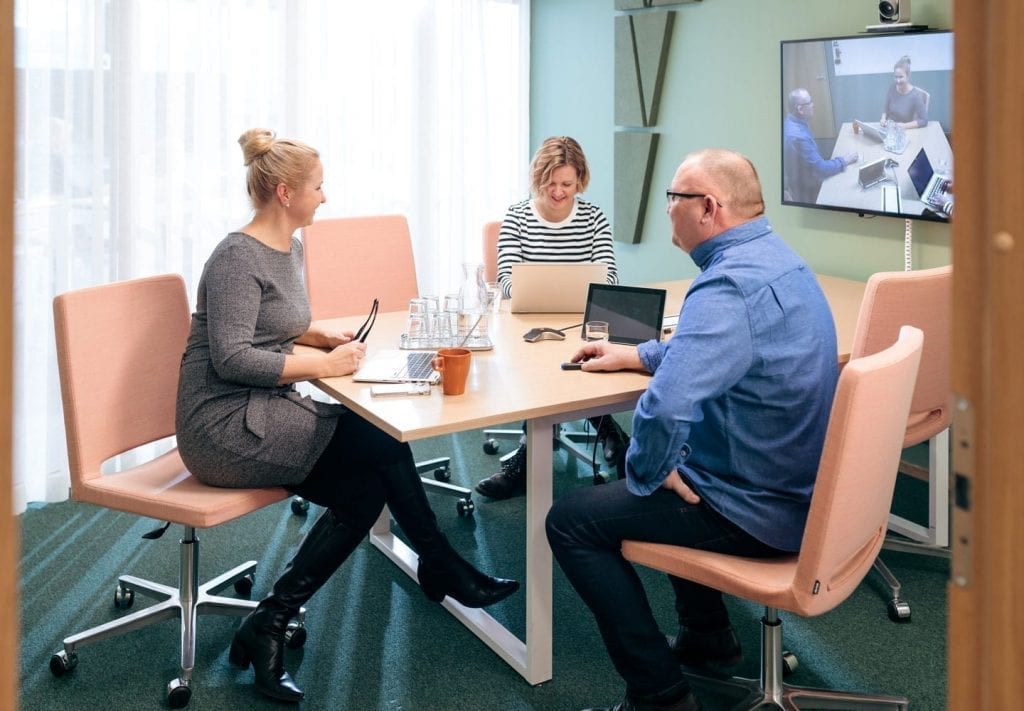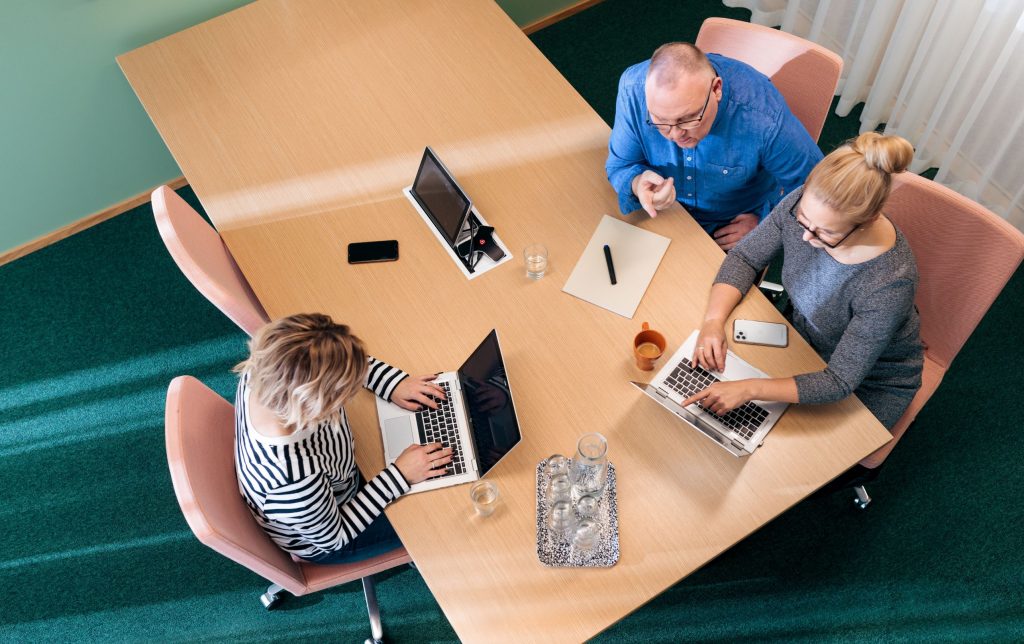
Procurement development programme for improved procurement performance
We aim to improve procurement performance, in particular by increasing the willingness to bid. We do this, for example, by making it easier to participate in competitive tendering, improving communication, increasing market dialogue and by cutting red tape.
Senate Group’s procurement development programme aims to achieve savings of €100 million by the end of 2029. The programme aims to improve procurement performance, in particular by increasing the willingness to bid. Development work will look into the sensible sizing of procurement requirements and will seek to lower the threshold for bidding through various means. Other key measures include increasing joint procurement, streamlining internal processes, improving communication on procurement, increasing market dialogue and cutting red tape.
The procurement development programme aims to:
- increase dialogue before competitive tendering is launched
- moderate the criteria for competitive tendering
- lower the threshold to participate in competitive tendering and make it easier to submit bids
- increase the number of mutually beneficial contracts
- improve cooperation and dialogue during the contract term
Projects
The development programme comprises five sub-projects, the objectives of which are described below. A number of measures were implemented under the development programme in 2024 including piloting new procurement procedures, increasing dialogue related to competitive bidding, holding events for potential suppliers and existing partners, and clarifying invitation to tender documentation. We are also developing a procurement reporting system and supplier feedback processing and mapping the potential offered by new robotics and artificial intelligence in the procurement process.
Questions and answers
Why is it worth pursuing savings in procurements?
The overall financial situation of the public sector is weak and all public actors need to critically review their performance and look for savings. The government programme of the current government aims to achieve significant cost savings in public procurement and we want to play our part in supporting the government’s overall situation. In the government programme, “Successful competitive tendering ensures that citizens receive high-quality services and that taxpayers receive value for the money spent. Successful procurements also improve the operating environment for businesses”.
Senate Group’s spends more than €1 billion on annual procurement and costs are under upward pressure due to inflation, rising prices for services and goods, and significant investment needs. The procurement development programme is a key tool to curb cost increases.
Central government rents are own-cost based, which means that Senate needs to be able to cover all property costs – such as renovations, maintenance, borrowing costs and real estate tax incurred by the property – out of the rent. Senate does not make a profit on rents paid by central government customers.
What are the savings based on?
Savings can be pursued by increasing the willingness to bid and by building stronger partnerships between buyers and sellers. Improved willingness to bid will be reflected in savings on competitive tendering. Commercial and process savings will also be monitored. Commercial savings will be generated through better contracts and innovation over the contract term. The aim is to create contract models that benefit all contracting parties. For process savings, we must be smarter and more efficient internally.
Will Senate’s costs fall next year?
Successful competitive tendering and cost-effective contracts enables us to procure services, goods and contractual work more cheaply than before. This will allow us to contain the upward pressure on costs due to inflation, etc. The financial benefits may not be directly reflected in lower costs in the bottom line, but will give us more value for money than before or more money to spend on other things.
Will customer rents fall?
Senate Group rents are cost-based and cost-efficiency is used to curb upward pressure on rent costs.
When procurement is tendered in cost-effectively, it impacts the total cost of an investment project and in turn also on the rental cost for the customer.
How will responsibility, safety and quality be taken into account in future procurements?
The development programme primarily aims to improve operations: increase communication and cooperation with suppliers, reform procurement procedures, etc.
Responsibility and safety will continue to be very important to us. However, the requirements must be correctly sized and reasonable to ensure a good willingness to bid. The same applies to quality. We want quality services to ensure a good customer experience, but we do not require excess quality.

Procurements and competitive tendering

